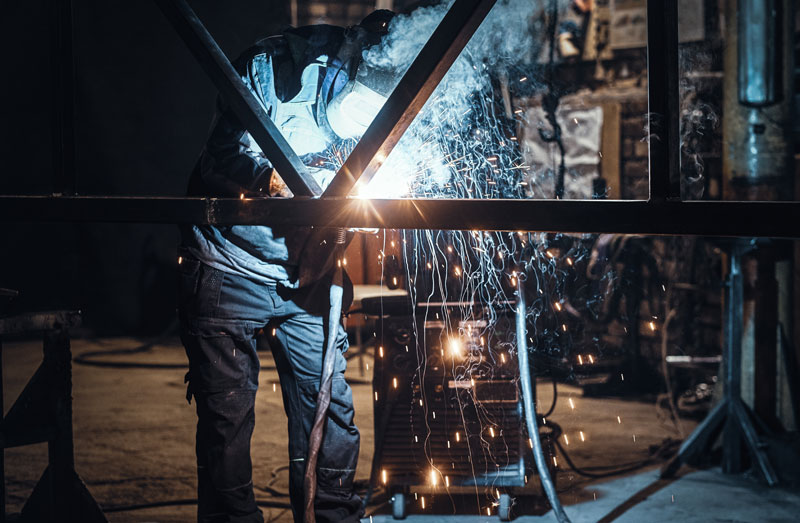- Qualification Name: Certificate III in Engineering – Fabrication Trade
- Qualification Code and Units of Competency: MEM31922
- Duration: Within four weeks of receiving the required prior learning evidence.
Certificate III in Engineering – Fabrication Trade (RPL)
The Certificate III in Engineering – Fabrication Trade is available through Recognition of Prior Learning (RPL) for individuals with substantial hands-on experience in the fabrication and engineering industry. This qualification acknowledges the skills you’ve already acquired in the field, allowing you to gain a formal, nationally recognised certification without the need for additional classroom-based study.
This qualification covers a wide range of fabrication tasks, including the fabrication, assembly, and installation of metal components and structures. The Certificate III in Engineering – Fabrication Trade focuses on the use of welding techniques, metalworking processes, and the application of engineering drawings to create and repair metal structures. Through RPL, your practical experience can be formally recognised, covering areas such as welding, machining, sheet metal fabrication, and structural steel erection.
This qualification is ideal for tradespeople working in diverse industries such as manufacturing, construction, mining, and infrastructure, and it provides opportunities for career advancement and industry recognition.
Occupational Titles May Include:
-
Welder
-
Fabrication Technician
-
Sheet Metal Worker
-
Boilermaker
-
Structural Steel Fabricator
If you have significant experience in fabrication and metalworking, RPL offers a streamlined path to formalising your skills with an official qualification, enhancing your career prospects in the engineering and fabrication sectors.
What Evidence Do You Need for RPL?
-
Resume or CV outlining your fabrication trade experience, including specific roles and responsibilities
-
Job descriptions detailing the tasks you have performed in the fabrication trade industry
-
Letters of reference from current or past employers to verify your work history and skills
-
Payslips, rosters, or employment contracts indicating your work experience in the fabrication field
-
Photos or videos of fabrication projects or metal structures you have worked on or created (with privacy and consent where necessary)
-
Work samples such as metal components, structures, or fabricated parts you’ve completed
-
Training certificates for any relevant courses you’ve undertaken in welding, machining, or fabrication
-
Evidence of workplace safety practices, including safety protocols, risk assessments, or safety training you’ve completed
-
Evidence of use of engineering drawings or plans in your fabrication work
-
ABN or business registration if you are self-employed or working as an independent contractor in the fabrication industry
-
Invoices or contracts for fabrication services you’ve provided, including welding or structural steel work
-
Maintenance logs for machinery or equipment you’ve worked with in your fabrication tasks



